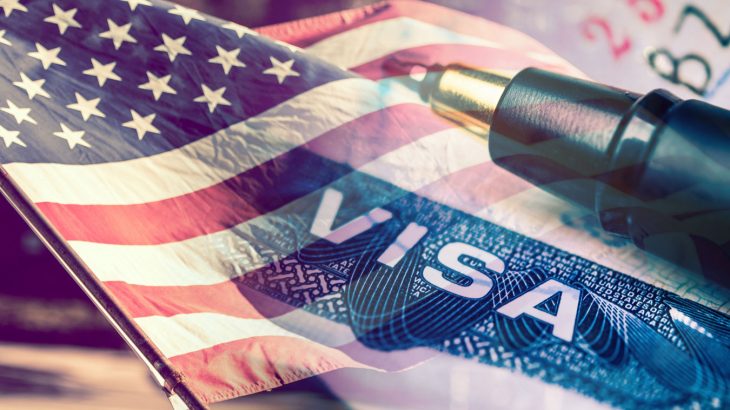The L-1 Intracompany Transfer Visa was temporarily suspended last month as part of President Trump’s ongoing so-called “immigration ban”. The list of visa categories suspended through to the end of the year is now quite lengthy.
However, there are notable exemptions: The EB-5 Immigrant Investor Visa and the E-2 Treaty Investor Visa are not included.
In this podcast we speak to Verdie Atienza, a senior immigration attorney at Davies & Associates, to examine whether the E-2 visa may prove a possible alternative to the L-1 visa in certain cases.
Verdie heads up our E-2 and L-1 visa Lawyer and so he is well placed to compare and contrast these two visa categories. Listen in as he provides a forensic comparative analysis of both.
L-1 Visas are used to move to management-level staff from an overseas branch to the US branch of the same company. At D&A we specialize in “new-office” L-1s which is where an individual can set up a US branch of their overseas company and then move to the United States to manage that new office.
The E-2 Treaty Investor visa allows a person to bring their family to the United States for the purposes of running a particular business. It is necessary that your country of citizenship has a relevant treaty with the US to qualify. For those that do not initially qualify, D&A offers a two-step process whereby you first obtain citizenship of a country that does qualify, like Grenada or Turkey.
Topics covered in the podcast include:
- The impact of the immigration suspension
- Investment requirements
- Premises requirements in the United States
- Spousal Rights
- Children’s rights and ageing out?
- Visa duration
- Renewal process and limits
- Business plan requirements
- Nationality requirements and quotas
- Becoming eligible for an E-2 visa through Citizenship by Investment
- Transitioning to a Green Card?
This podcast is for informational purposes only and does not constitute legal advice. Please contact us to speak to an attorney.



























